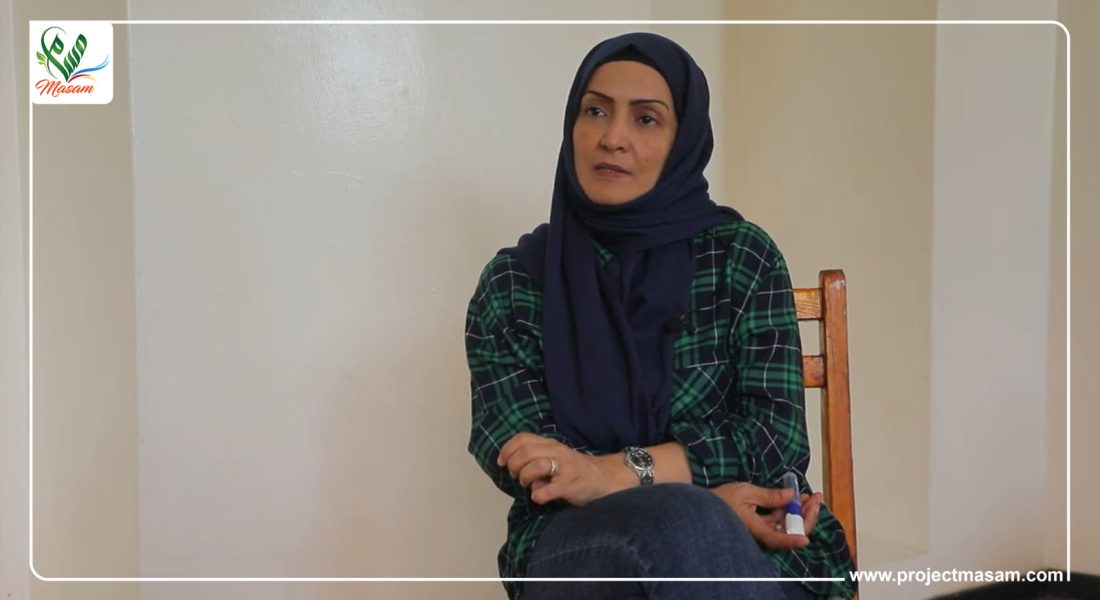Judge Ishraq Al-Maqtari, a member of the National Commission to Investigate Alleged Violations to Human Rights (NCIAVHR) in Yemen has claimed that the manufacturing, storing, transferring and planting of landmines in Yemen are among the crimes investogated by several local, national, and international bodies concerned with human rights due to their grave impact on individuals, families, communities, and the environment and local resources.
Al-Maqtari pointed out that the NCIAVHR has reached out to thousands of landmines victims across Yemen and that several violations have been reported and legal reports are being filed in order to claim compensation for the victims who have lost limbs or have been left with life-long physical disabilities that do not allow them to lead normal lives.
In 2022 alone, the NCIAVHR said it had completed the investigation into the reported death of 426 victims of mines and explosives explosions, including 23 women and 106 children. Officials, however, believe that the number could be much higher, due to the difficulty of reporting such incidents in this active war zone.
The judge said that landmines violate victims’ rights as they violate their right to life by killing them, their right to physical and psychological integrity – in addition to the violation of the social and economic rights of these victims, who suffer from permanent disabilities making them unable to move, work or travel, which in turn passively affects their civil, social and economic rights as well.
Al-Maqtari added that a landmine victim could be a father sustaining a family, who suffers after his injury from poverty and live on aid and handouts, therefore the Ottawa Treaty has prohibited the Use, Stockpiling, Production, and Transfer of Anti-Personnel Mines and considered all those who manufacture, plant, develop, transfer or stockpile them as criminals.
She further said that the Geneva conventions relative to the protection of civilians and respect of the international humanitarian law that differentiate between civilians and non-civilians and military targets versus civil life consider that the use of anti-personnel landmines and anti-tank mines converted into anti-personnel landmines to be indiscriminate warfare. Indeed, Al-Maqtari said, their main goal is to kill for they are “blind weapons” targeting victims indiscriminately.
Al-Maqtari noted that it is easy to identify those responsible for landmine plantation in Yemen by locating the explosions’ areas and identifying the parties controlling them. Thus, she claimed, it will be easy to identify the leaders controlling these areas, and with the names of the victims now known, they should have every right to be compensated.
Those responsible for landmine plantation should be held accountable for violating the lives of innocent people, Al-Maqtari said.
Finally, Al-Maqtari said that Project Masam demining teams’ clearance of sensitive and intensively mine-contaminated areas has helped Yemeni families to re-settle after a long displacement and suffering.
Their efforts have contributed to the re-establishment of security in several areas. The human rights advocate said she believes that the continuation and expansion of Project Masam’s humanitarian landmine clearance activities have become a necessity.
The demining teams’ achievements would not have been possible without the support of the Kingdom of Saudi Arabia, which aims to return life back to normal in Yemen after the full clearance of the Yemeni lands of landmines.
The NCIAVHR, a national mechanism for monitoring and investigating allegations of human rights violations committed on the territory of the Republic of Yemen by all parties, was established in 2012 by on the Republic of Yemen, based on the texts of the Gulf Initiative and its executive mechanism, and Security Council Resolution No. 2051 of 2012 and Resolution No. “2140” for 2014 and other related Human Rights Council resolutions.

